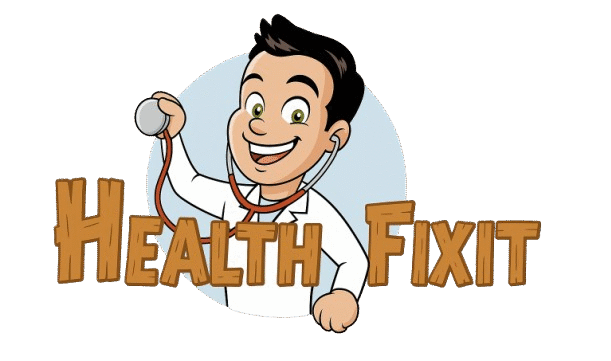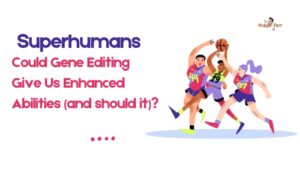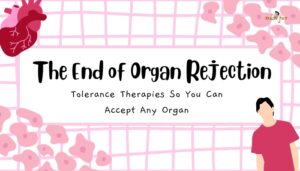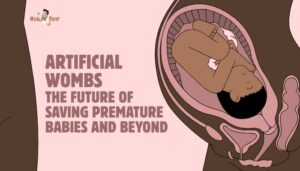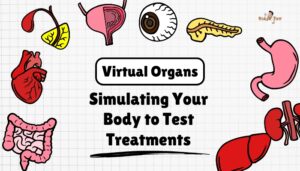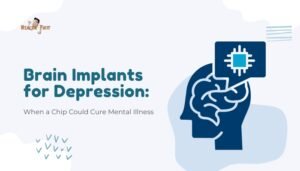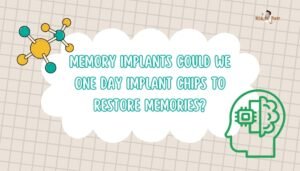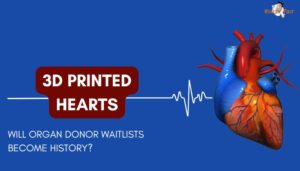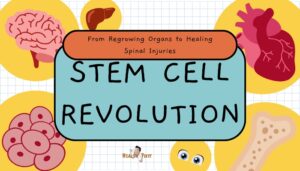Superhumans: Could Gene Editing Give Us Enhanced Abilities (and should it)?
Introduction From mythological demigods to modern superhero fiction, humans have long fantasized about extraordinary strength, agility, or intelligence. Now, gene editing tools—most notably CRISPR-Cas9—raise the possibility of actually engineering such traits. Could we someday tweak our DNA to run faster,...
Read MoreThe End of Organ Rejection: Tolerance Therapies So You Can Accept Any Organ
Introduction Organ transplants can save lives—yet patients face a lifetime of immunosuppressive drugs that carry side effects like infection risk or cancer predisposition . But what if recipients could accept donor organs without such intense medication, as if the organ...
Read MoreArtificial Wombs: The Future of Saving Premature Babies and Beyond
Introduction When extremely premature infants are born, their underdeveloped organs struggle to survive in the external environment. Enter artificial wombs, sometimes called “bio-bags,” which aim to support these fragile neonates in a womb-like setup—providing amniotic fluid, controlled gas exchange, and...
Read MoreVirtual Organs (Digital Twins): Simulating Your Body to Test Treatments
Introduction Imagine physicians running “trial treatments” on a virtual clone of your organ, predicting if a medication, surgery, or device will work best—before ever applying it to you. This concept of virtual organs, also known as digital twins, harnesses computational...
Read MoreBrain Implants for Depression: When a Chip Could Cure Mental Illness
Introduction Major depressive disorder affects millions worldwide, and many patients do not respond fully to conventional medications or therapy. Now brain implants—specifically devices that deliver targeted electrical stimulation—are emerging as a new frontier in treating severe, treatment-resistant depression. This approach...
Read MoreMemory Implants: Could We One Day Implant Chips to Restore Memories?
Introduction For centuries, memory has been seen as a deeply personal, intangible process—susceptible to fading with age or to vanishing entirely due to injury or disease. Advances in neurotechnology, however, suggest a future in which we could intervene directly to...
Read More3D Printed Hearts: Will Organ Donor Waitlists Become History?
Introduction Heart disease remains a leading global cause of death. Many patients require heart transplants, yet donor organs are in short supply. As waitlists grow, thousands die annually before a suitable organ can be found. Now, biomedical engineers and surgeons...
Read MoreStem Cell Revolution: From Regrowing Organs to Healing Spinal Injuries
Introduction Stem cells are special cells with the ability to renew themselves and develop into many other cell types. They serve as the body’s raw materials during growth, healing, and repair. Over the past few decades, researchers have made steady gains...
Read More